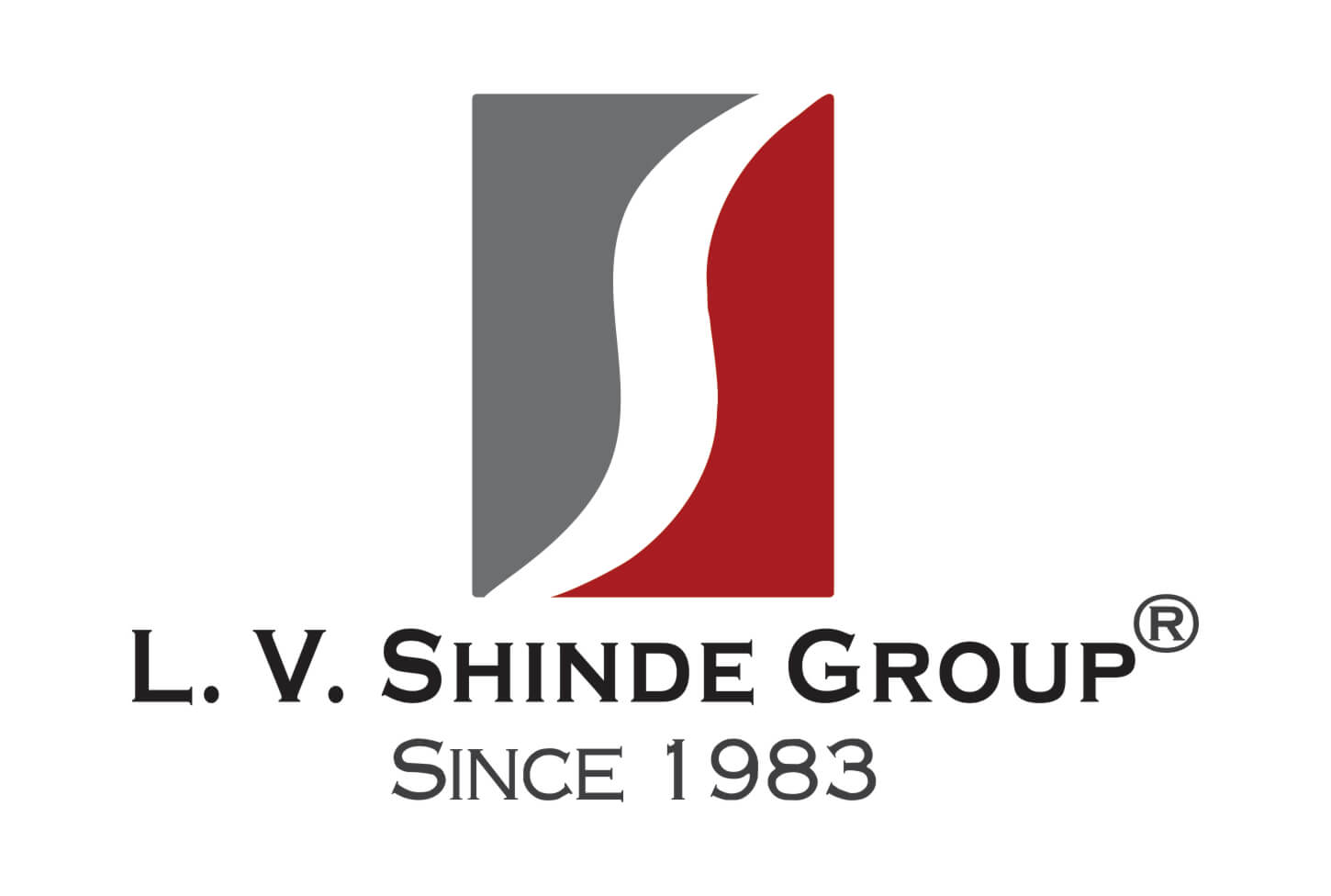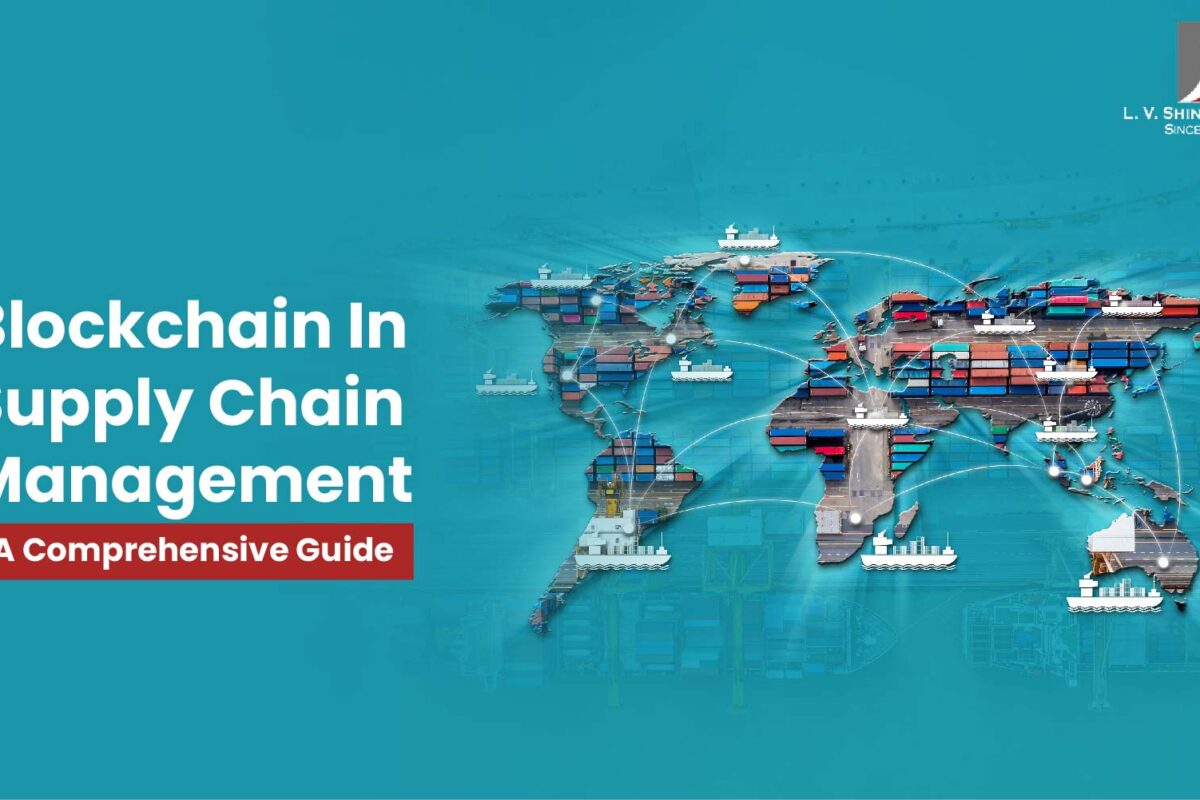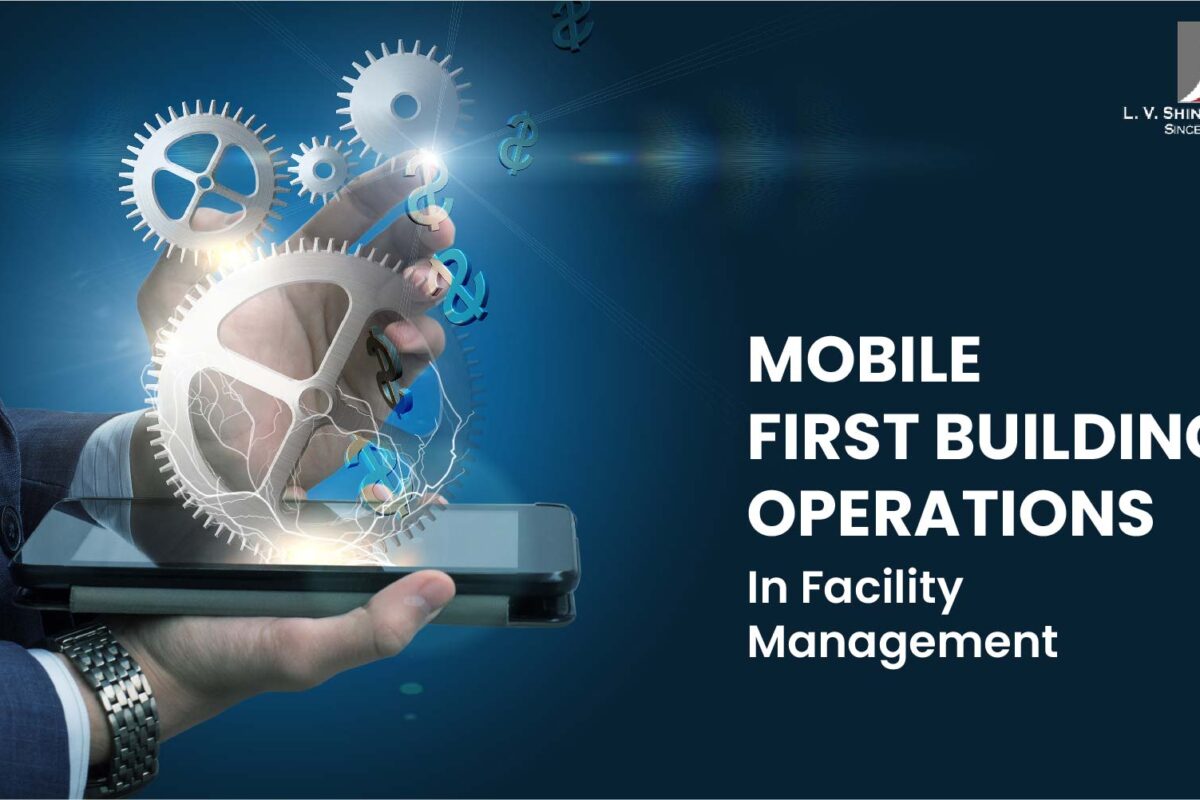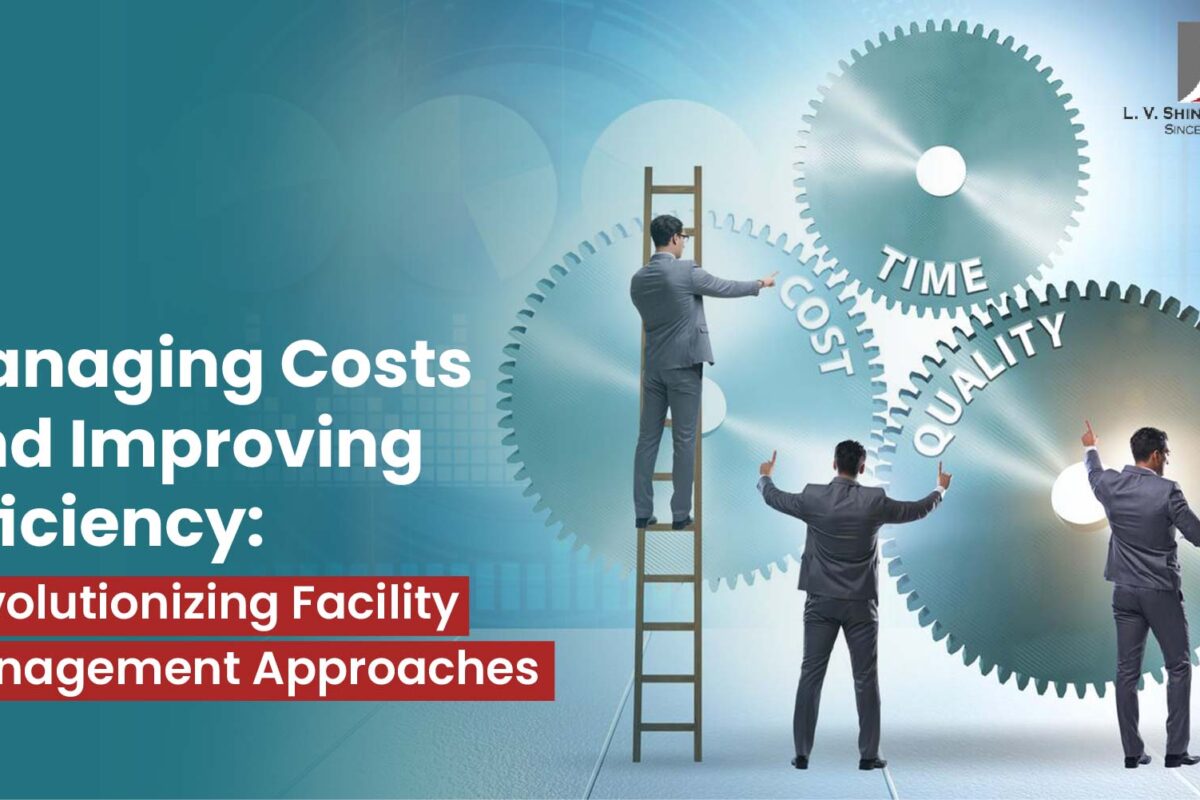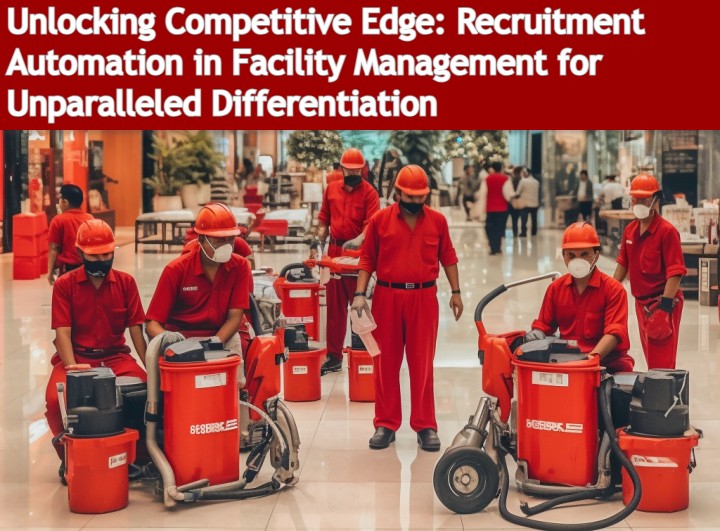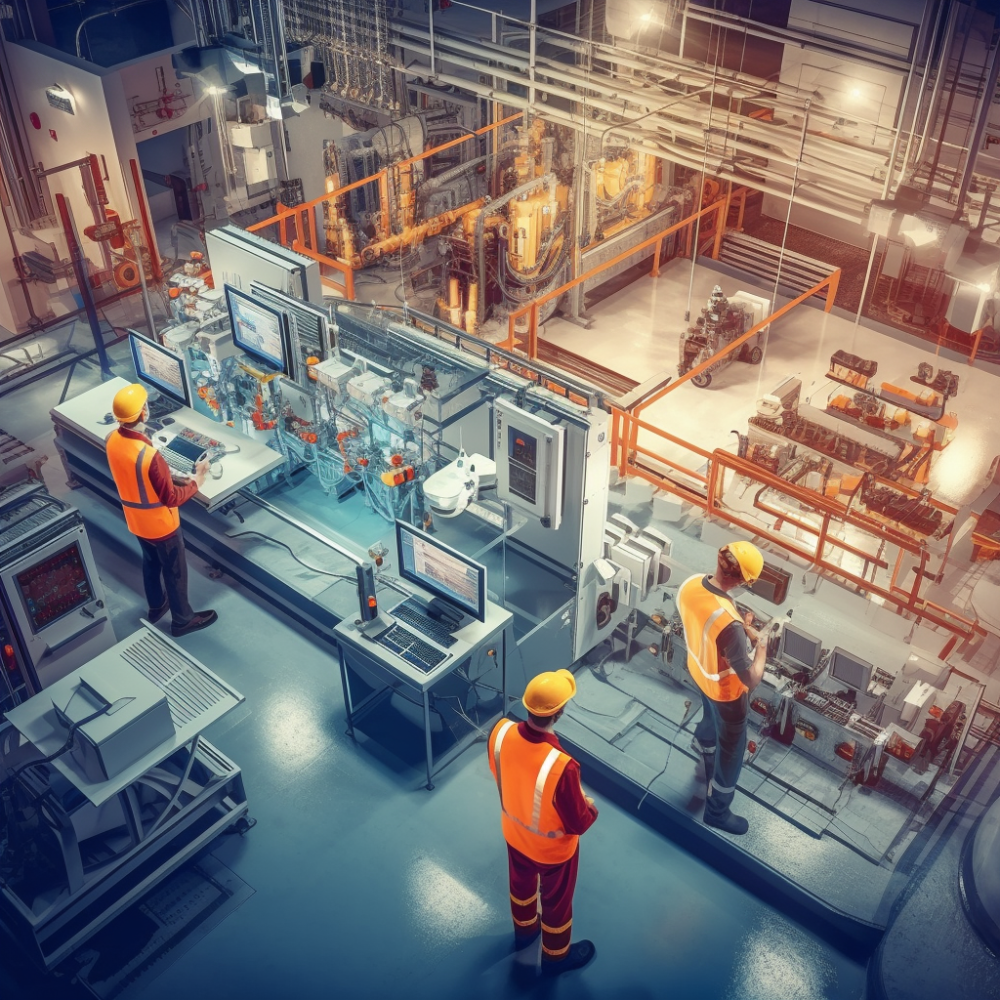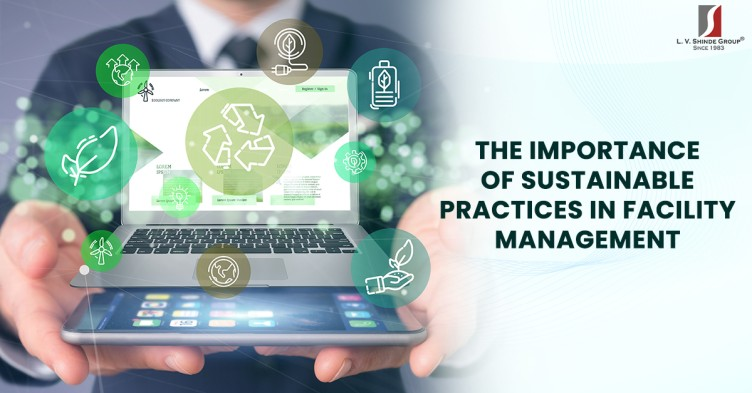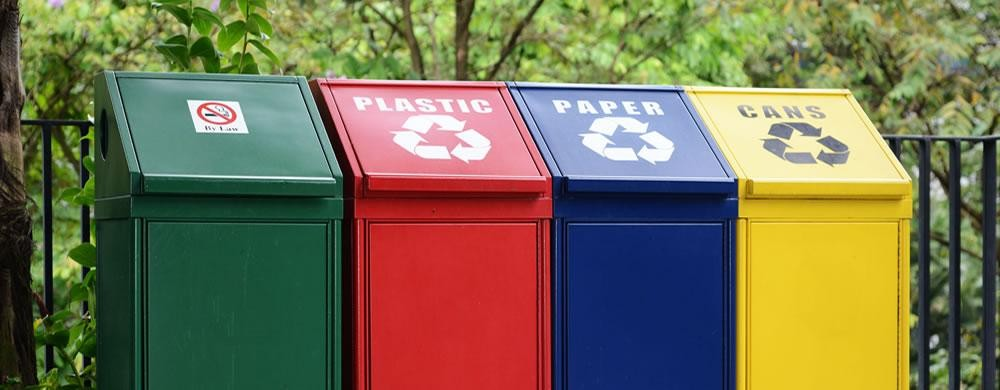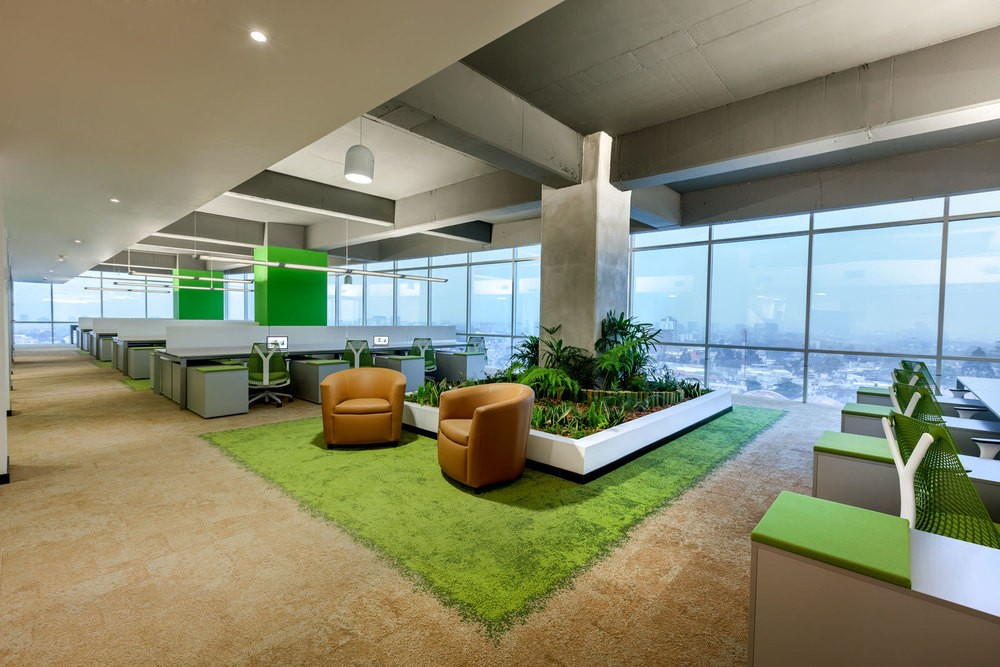Blockchain in Supply Chain Management: A Comprehensive Guide
In the intricate web of supply chain management, the efficiency and transparency of operations are paramount. At the heart of this vast network lies supply chain services, ensuring that the physical infrastructure supporting the supply chain functions seamlessly.
In this comprehensive guide, we delve into the transformative potential of blockchain technology in enhancing supply chain management.
What is Blockchain Technology?
Blockchain, often associated with cryptocurrencies like Bitcoin, is a decentralized digital ledger technology. It offers a secure and tamper-resistant way to record transactions across a network of computers. Each transaction is grouped into a “block,” and these blocks are linked together in a “chain,” hence the name “blockchain.”
Blockchain’s Impact on Supply Chain Management
- Transparency:Blockchain provides real-time visibility into the movement of goods and transactions, reducing opacity in the supply chain.
- Security:Its decentralized nature makes it extremely difficult for unauthorized parties to alter data, enhancing the security of supply chain information.
- Efficiency:Smart contracts, which are self-executing contracts with the terms of the agreement directly written into code, can automate and streamline supply chain processes.
- Traceability:Blockchain enables end-to-end traceability of products, allowing for the rapid identification and recall of faulty or contaminated items.
- Cost Reduction:By reducing intermediaries and paperwork, blockchain can result in cost savings across the supply chain.
Benefits of Blockchain for Supply Chain Management
In the evolving landscape of supply chain management, blockchain technology has emerged as a game-changing force. Its potential to revolutionize the way supply chains operate is nothing short of transformative.
In this section, we’ll explore how integrating blockchain technology can empower supply chain professionals, streamline operations, and drive success.
When integrated into supply chain management, blockchain offers numerous advantages:
- Asset Management:Blockchain can provide a tamper-proof record of supply chain assets and maintenance history, ensuring transparency and accountability.
- Smart Contracts:Supply chain tasks, such as order processing and payment verification, can be automated through smart contracts.
- Inventory Tracking:Blockchain allows for real-time tracking of inventory levels and orders, preventing stockouts and overstock situations.
- Enhanced Decision-Making:Supply chain managers can access accurate, up-to-date data to make informed decisions and optimize resource allocation.
- Cost Efficiency:Predictive maintenance, enabled by blockchain and IoT integration, reduces downtime and extends the lifespan of supply chain assets.
- Supplier Management:Supply chain relationships can be managed more effectively, ensuring timely deliveries and adherence to service level agreements.
Implementing Blockchain in Supply Chain Management
Incorporating blockchain technology into supply chain management is a strategic move that holds the potential to reshape the way businesses operate across industries. It brings a new level of transparency, security, and efficiency to the supply chain ecosystem. However, embracing this transformative technology requires careful planning and execution. In this section, we’ll explore the key steps involved in implementing blockchain within supply chain management and the benefits it offers.
Implementing blockchain in supply chain management involves several key steps:
- Assessment:Evaluate existing supply chain processes and identify areas where blockchain can bring improvements.
- Blockchain Platform Selection:Choose a blockchain platform that aligns with your supply chain’s needs, whether it’s a public blockchain like Ethereum or a private, permissioned blockchain.
- Integration:Integrate blockchain with existing supply chain systems, ensuring data flow between them.
- Smart Contract Development:Create and deploy smart contracts to automate supply chain tasks and agreements.
- Training:Provide training to supply chain management staff on blockchain usage and best practices.
Challenges and Risks
While blockchain holds great promise, it’s not without challenges and risks:
- Complexity:Implementing blockchain can be technically challenging, and organizations may need to seek external expertise.
- Integration Issues:Integrating blockchain with existing systems can be complex and costly.
- Regulatory Concerns:The regulatory environment surrounding blockchain is still evolving and may introduce uncertainties.
- Data Privacy:Ensuring the privacy of sensitive supply chain data on a public blockchain can be a concern.
Conclusion
Blockchain technology is poised to revolutionize supply chain management. By providing transparency, security, and efficiency, it enhances the capabilities of supply chain managers and benefits the entire supply chain ecosystem. As organizations embrace this transformative technology, they position themselves to optimize their supply chain operations, reduce costs, and deliver higher value to their customers.
Optimize Your Supply Chain with Supreme Facility Solutions!
At Supreme Facility, we understand the evolving landscape of supply chain management. Our commitment to leveraging innovative technologies, including blockchain, ensures that your facility management needs are met with the highest standards of efficiency and transparency.
Contact us today to explore how we can optimize your supply chain operations for the future.
